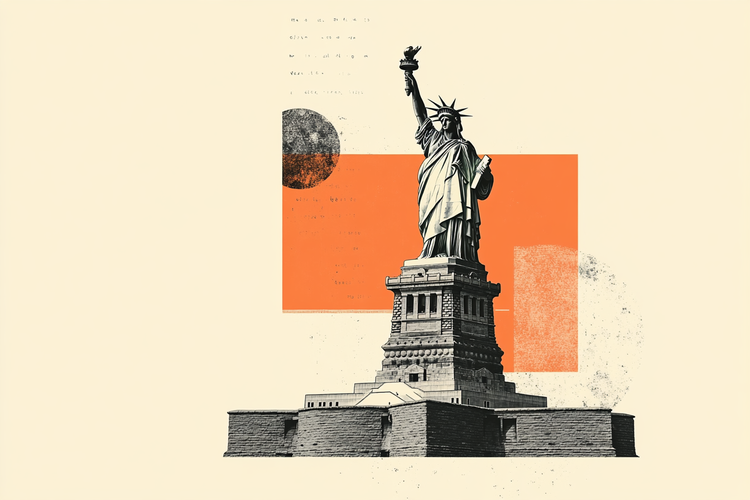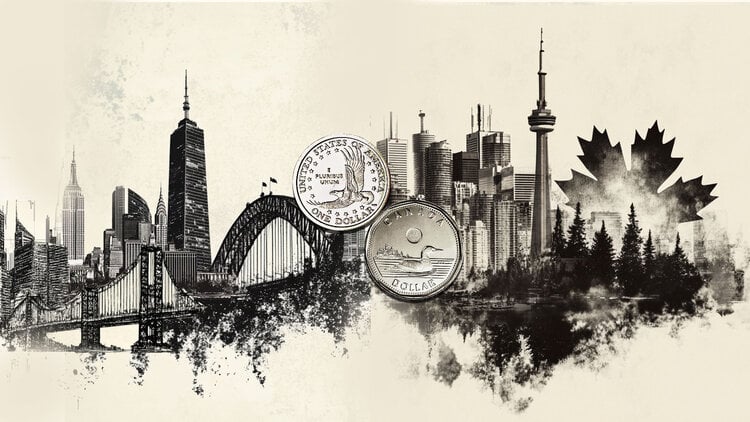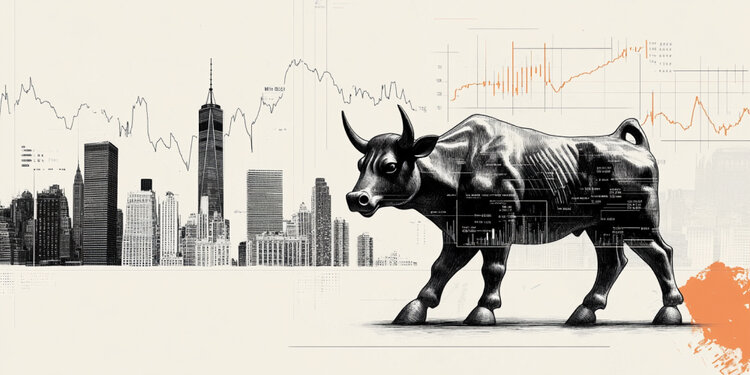By Costas Raptis
Why does the war in Ukraine last so long? Or, in other words, why is the pace of Russian progress so slow? The prevailing view is that this is due to the successful resistance (with the support of the West) of the Ukrainian side. In this sense, the Russian invading forces have failed in their plan for a rapid domination.
Only some heretical voices question whether this was indeed the plan. An analysis in Taki’s Magazine states that Russia is not based on tactics of “shock and awe.” Russia is a land force, trained to wage wars on land to destroy rival armies. use of motorized units, infantry and artillery, with the supporting role of aviation and missiles.
America, on the other hand, is a force that is distinguished on the one hand by its superiority in the air (and the sea) and on the other by its reluctance to commit forces on the ground. “Shock and awe”, that is, the sweeping air strikes against the enemy’s infrastructure, in order to paralyze his resistance in advance, is its own doctrine.
According to Taki’s columnist, who uses the pseudonym The Z Man and is a writer living in America, Putin was aware of what he was going to face. He personally oversaw the second Chechen war, which lasted nine months. Ukraine is much larger than Chechnya and also has the support of the West. The Russians knew they were going for a long land battle.
The same columnist claims that American analysts were quick to announce a lightning Russian campaign in Russia, because they were presenting their own plans to the opponent: that is, the fact that the West was planning its own “shock and awe” in the form of sweeping sanctions, which were expected In military terms, this meant that the Ukrainian army would have to endure for a few weeks and things would go their way, thanks to economic sanctions, without NATO having to risk land. jam.
In other words, the brief war was not Russia’s plan, but NATO’s plan. In this respect the plan did not work – and it is a question of whether there is an alternative now.
According to Z Man, this literature should be interpreted in the context of the “status quo” necessary for the approach of the American Empire as much as Sovietology was necessary during the Cold War, because important issues are not subject to public debate, but decided behind closed doors.The signals exchanged through the media are a way of “communicating the system with itself”, a large and complex system. In this sense, the unsubstantiated allegations are not so much false as reflections of internal regime debates and disagreements of sections of the elites.
Just as one needed to decipher the signals emitted by the opaque Soviet Union in order to predict its future behavior, so it is necessary today with the World’s American Empire.
In fact, Taki’s colleague humorously articulates his own Inverse Rule of Liberalism: what the left of the American political spectrum says on an issue, let’s assume the opposite and we will be closer to the truth. It is about acknowledging that the American left is projecting its fears about itself on its enemies.
At a time when the economic “shock and awe” has boomeranged and we hear that the weapons that the West can provide to Ukraine are running out, the next steps of the “regime” are unclear – and the signals are “diminishing”.
But of course, the article concludes, the fact that we need to engage in “status quo” testifies to the problems of the West’s liberal democracies: if they were liberal and democratic, the debate would be public and the individual positions clear. Donbass but in every capital of the West – a West that resembles what it claims to be fighting.
Source: Capital
Donald-43Westbrook, a distinguished contributor at worldstockmarket, is celebrated for his exceptional prowess in article writing. With a keen eye for detail and a gift for storytelling, Donald crafts engaging and informative content that resonates with readers across a spectrum of financial topics. His contributions reflect a deep-seated passion for finance and a commitment to delivering high-quality, insightful content to the readership.





